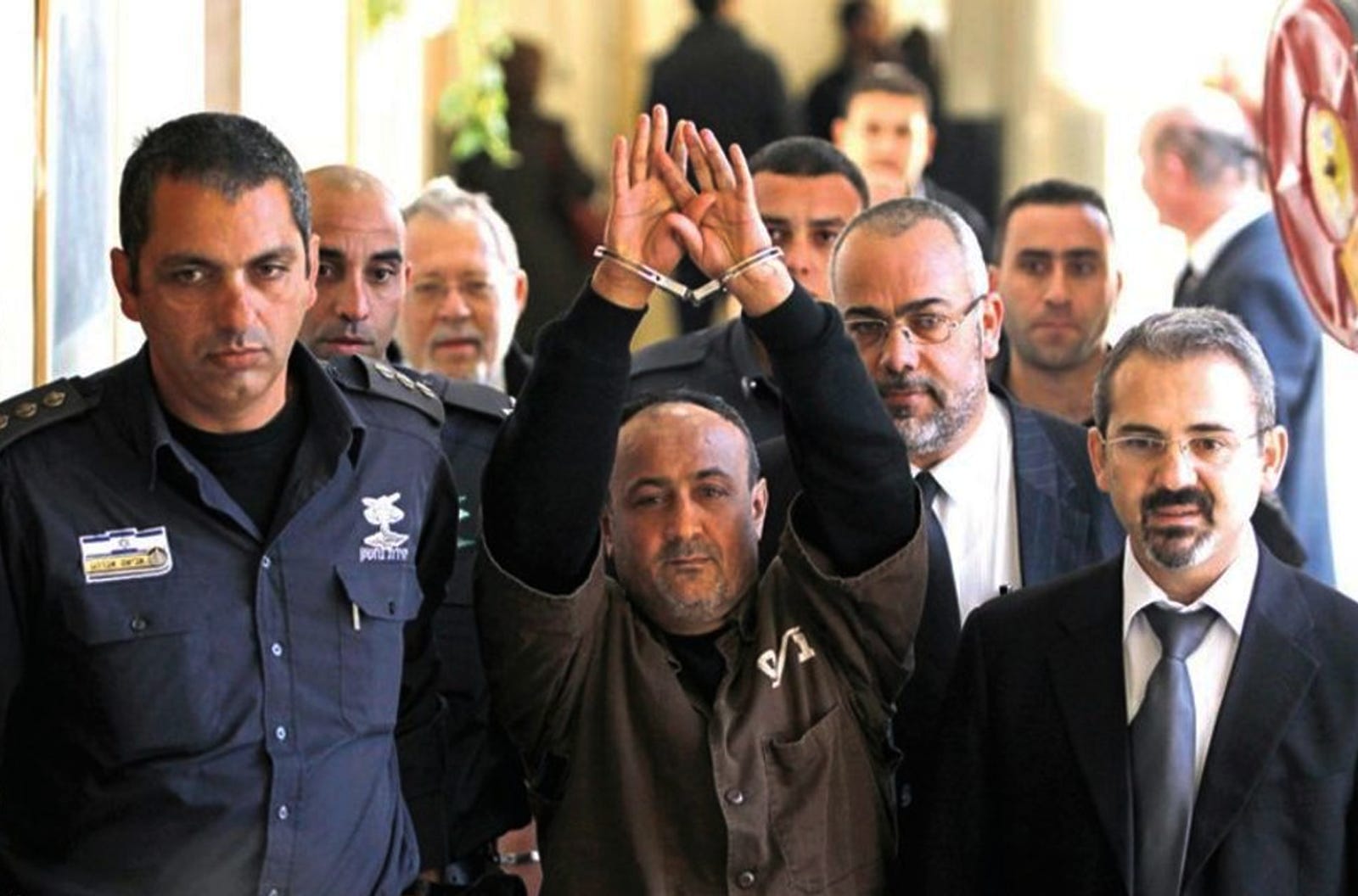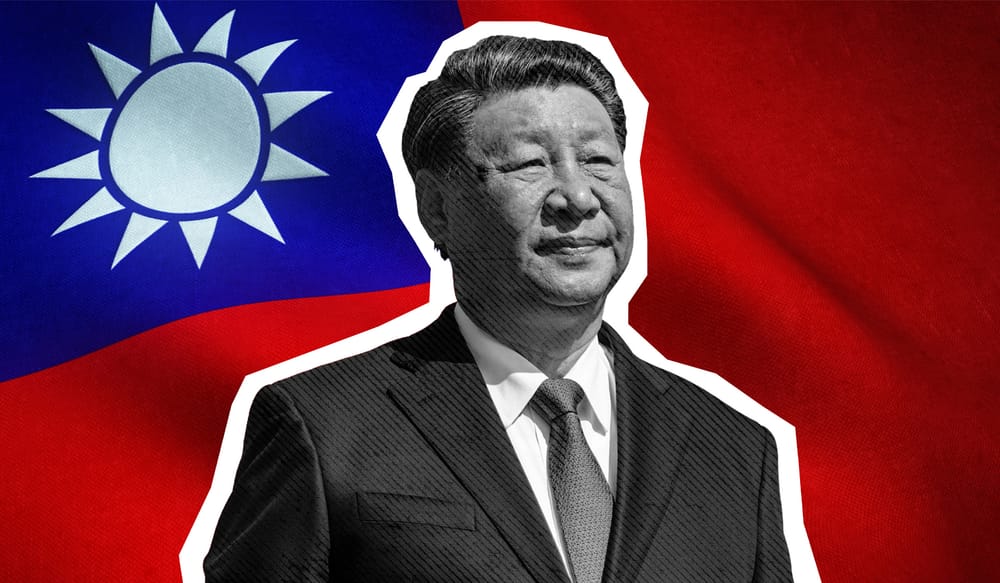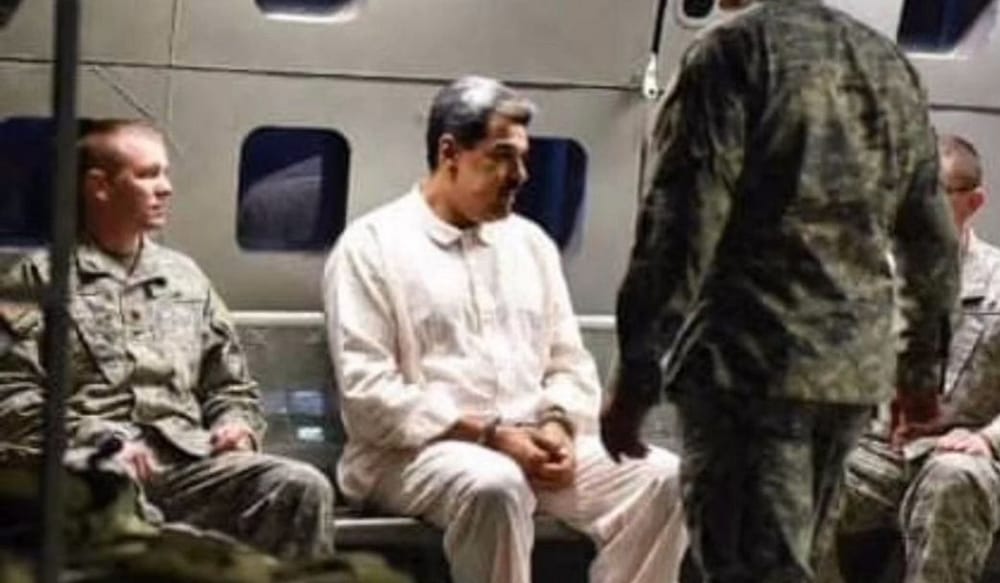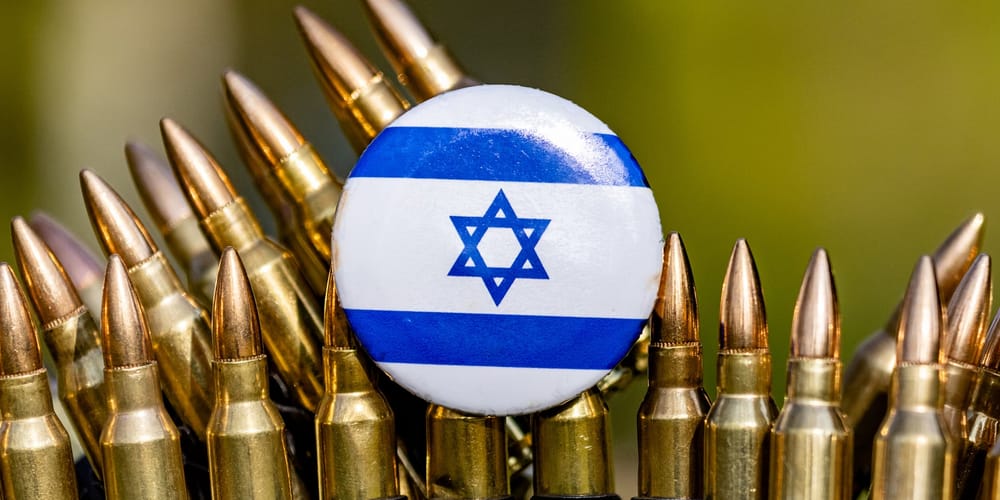You might be forgiven for thinking that rockets launched on Israel from Gaza and Jewish state retaliating against Hamas is just business as usual in the country. Another chapter in the hopeless Palestinian struggle for statehood.
The reality is a bit more complex.
You see, everybody knows that Hamas can't really hurt Israel and that any form of armed struggle by the Palestinians is destined to fail. There is simply no way for them not only to defeat the Israeli army but to even make a dent in the territories it controls or to force Israel to make any concessions. Iron Dome intercepts most rockets and those which do make it over kill maybe a handful of individuals. In fact, more people died in Gaza due to Hamas rockets falling short of their targets, than in Israel.
Violence, however, does have its uses.
Some people say that Hamas is simply responding to planned evictions of Palestinians from Sheikh Jarrah in East Jerusalem and the Israeli police storming of the Al Aqsa mosque to clear the Arab protesters a week ago.
This is, still, just the surface, not the real cause.
To understand why and how we have arrived at this boiling point, we have to go back in time by a few months. In September 2020 the warring parties - Fatah and Hamas - each controlling a different part of Palestinian Territories, agreed to hold the first parliamentary and presidential elections since 2006. In January, Palestinian president, Mahmoud Abbas, announced three - to Palestinian Legislative council, on May 22, presidential, on July 31 and to PLO's Palestinian National Council, on August 31.
From that point on, things have taken a turn for the worse.
Internal fractures within Fatah, that Abbas controls with an iron fist, have cracked the party in mid-March, as Nasser al-Qudwa, Yasser Arafat's nephew and a member of the party's Central Committee announced a breakaway bid in the legislative elections - what resulted in his expulsion from the party.
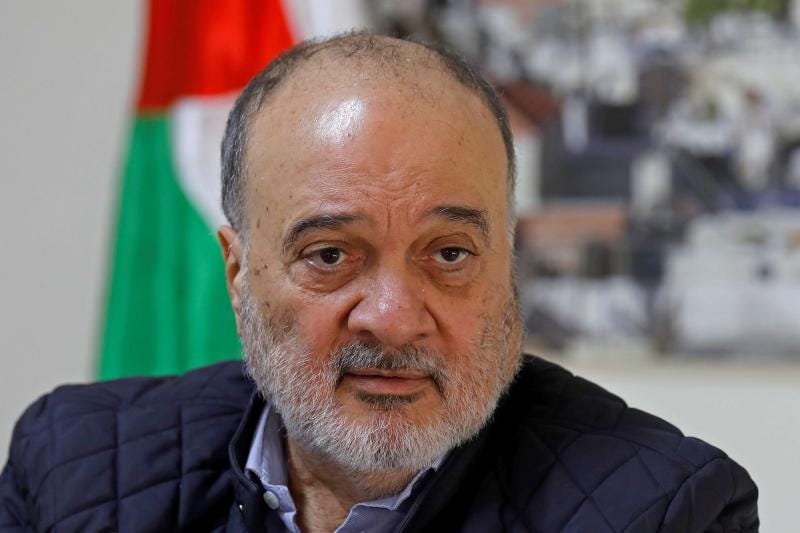
Enter Marwan Barghouti.
Upon his expulsion from Fatah, al-Qudwa voiced support for Barghouti's bid in the presidential election in July - a harbinger of things to follow...
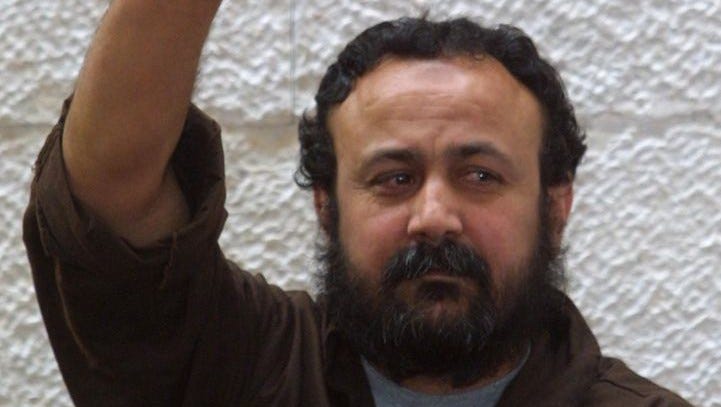
The former leader of Fatah's paramilitary wing is serving five consecutive life sentences in Israeli prison (for murder and terrorist activity). Arrested in 2002, he's been behind bars ever since and has grown to become the most popular Palestinian figure, seen as a martyr who sacrificed his life for the Palestinian struggle - unlike the current corrupt and untrustworthy leaders in Gaza and West Bank (if you thought Palestinians like their politicians, you're wrong).
Nevertheless, the vote was still expected to be held - though some uncertainties remained about the voting in East Jerusalem, which requires Israeli cooperation (Palestinian Authority is banned from operating in the city). Israel, probably anticipating problems, has been dragging its feet on the issue, delaying the decision on how the vote could be organized.
Registration of party lists to stand for the election was due by midnight on March 31. Just a few hours before the deadline, Fadwa Barghouti - wife of Marwan - submitted a joint list of her husband and Nasser al-Qudwa.
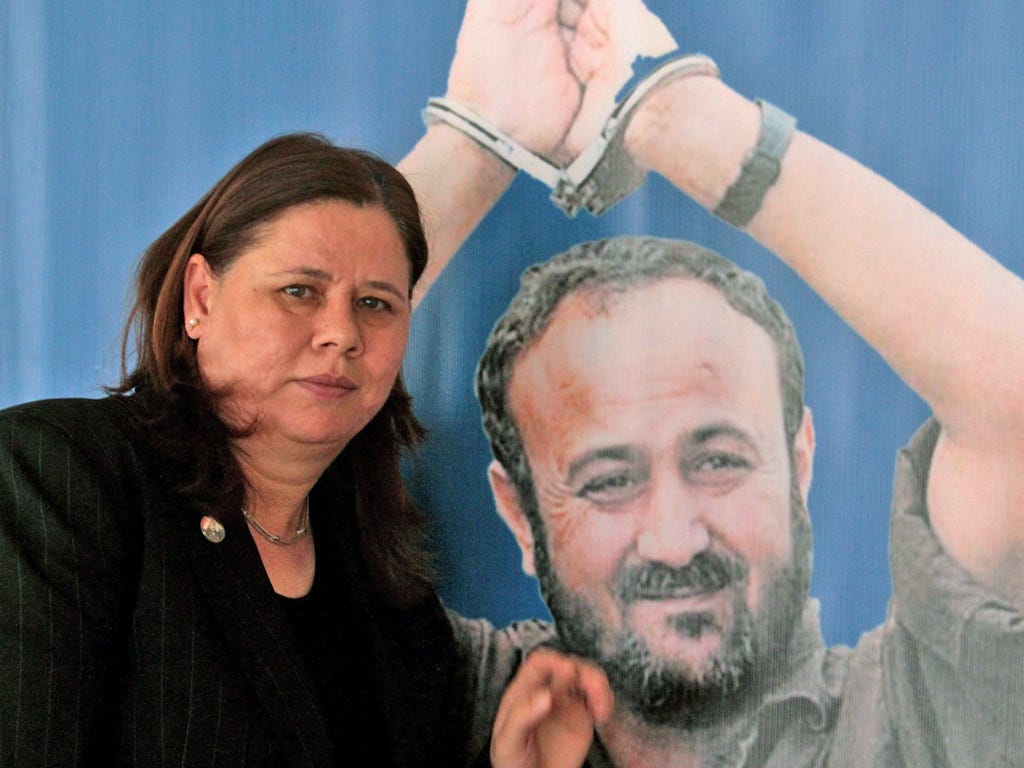
This last minute entry into the race has turned the situation upside down.
Barghouti's immense popularity is bound to drain support from Fatah, which in March still polled at 43% vs Hamas' 30%.
His list, however, is expected to attract 20 to 30% of the voters, drawing them mostly from Fatah. The party is also facing a smaller challenge from an exiled former head of Palestinian security, Mohammed Dahlan, who could attract a few percent of the voters. It could splinter the vote three ways and result in Hamas becoming the largest party in the legislative council, relegating Fatah to 2nd or even 3rd place, forcing it to enter expected coalition discussions from a position of weakness, not strength.
Since Barghouti's name was not on the submitted party lists, he is widely expected to make a bid for presidency, which he should win easily beating rivals with over 60% of the vote (otherwise, a tightly contested race was expected between Abbas and Ismail Haniyeh, the leader of Hamas, with the mid-March poll showing them head to head, at 47 to 46%).
This was a double torpedo which could sink current Fatah leadership, including Abbas and his cronies. It wasn't a perfect scenario for Hamas either, as it would defeat Haniyeh's chances for the presidency, but it could make the terror group the largest party in the council, giving it a chance at the formation of the new government.
It didn't come as a surprise, then, that on April 29, Mahmoud Abbas backed out of the earlier agreements and announced indefinite postponement of the elections - yet again.The handy reason was given to him by... Israel.
By delaying the decision on the vote in East Jerusalem, Israeli authorities provided Abbas with an alibi - the vote cannot be held as long as Palestinians from the city are not guaranteed full participation in it.
Ironically, it's currently the most desirable outcome for both Israel and the Palestinian President. Abbas buys himself time to deal with the political crisis, while Israel keeps Palestinians divided (and Hamas away from the West Bank).
As could be expected, the Hamas called Abbas' decision a coup.
Just a week later protests erupted on the Temple Mount, which transformed a few days later into a rocket barrage on Israel.
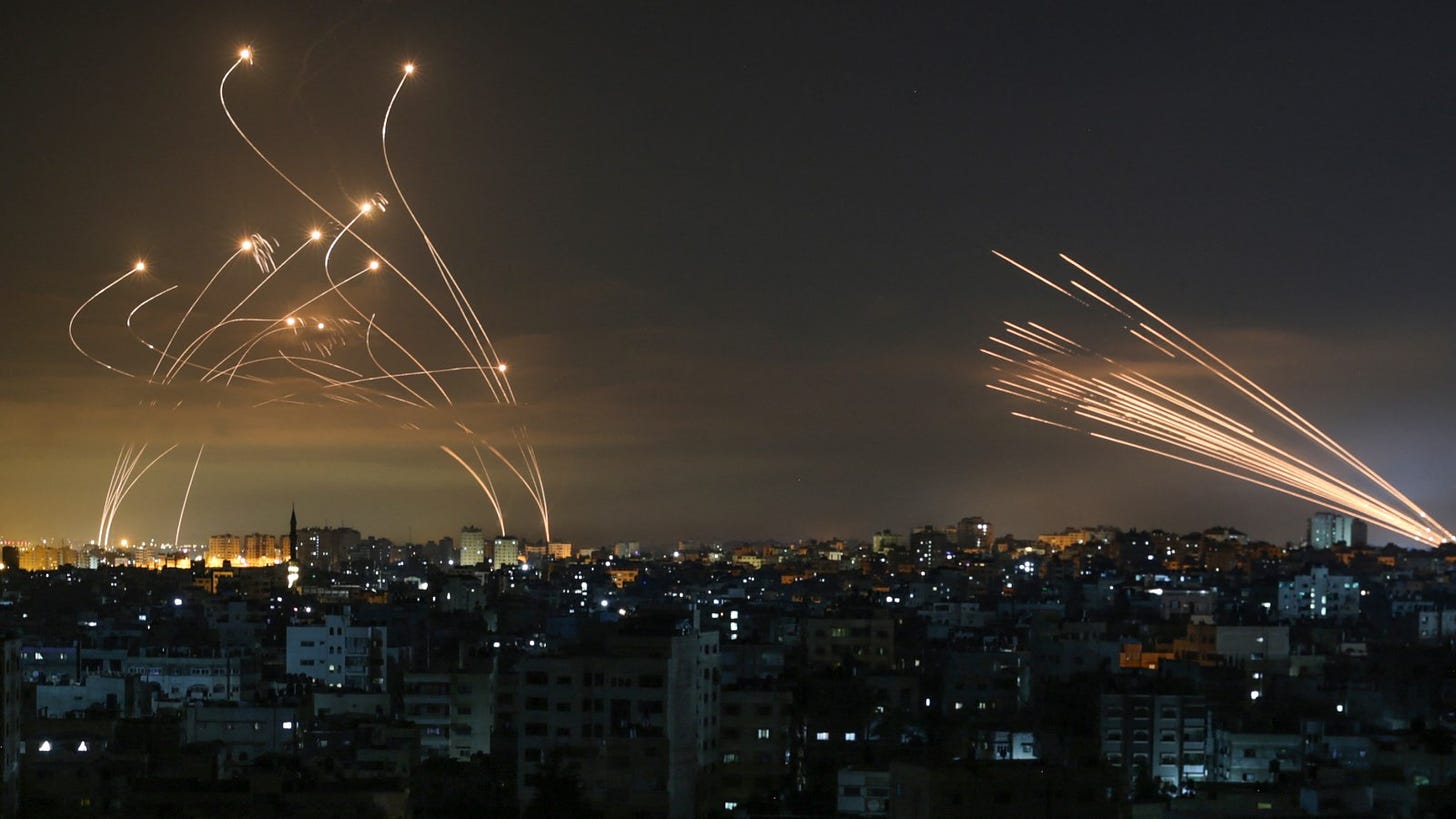
The end of Ramadan, coupled with Jerusalem Day celebrated by Israelis (to commemorate recapturing of East Jerusalem in the Six Day War in 1967) as well as the incoming ruling on the Sheikh Jarrah evictions, slated to be announced on May 10, provided a perfect blend of circumstances to provoke a brutal clash in the location sacred to both sides.
While there have been occasional clashes and controversies in the past month, particularly in the build up to the decision on Sheikh Jarrah case, the escalation started when Hamas sympathizers appeared in Al Aqsa, chanting songs of support for the terror group and bunkered themselves in, ostensibly to protect the building from a raid of right wing Israelis.
Since protesters refused to leave and amassed stones and other weapons they could throw not only at the police but at the Israelis at the Temple Mount and Wailing Wall celebrating the Jerusalem Day, Israeli police stormed the compound and removed Palestinians in the morning of May 10, after 3 days of preceding clashes (there and in other locations).
By then Hamas had prepared to launch rockets in anticipation of an unfavorable ruling in the Sheikh Jarrah case but the Supreme Court postponed it in the last minute on May 9. Since this excuse was now void, Hamas acted quickly, giving Israelis an ultimatum to vacate the mosque area - not something that Israelis would do, of course - and in the evening of May 10 started launching missiles, ostensibly in defense of the sacred area in East Jerusalem.
The real reason, however, was not to inflame tensions with Israel again - this is just a means to an end. The target, this time, was Mahmoud Abbas.

Hamas' escalation with Israel at this particular time and place, is a revenge for the postponement of the elections, which is meant to further sink Fatah's and Abbas' chances for any political turnaround.
Through military offensive, Hamas is positioning itself as the only organization defending Palestinian people, while obviously "corrupt" Fatah organized a "coup" by cancelling the elections all people have so eagerly been anticipating, simply because Abbas got cold feet after Barghouti's entrance, which would likely sink his party and himself.
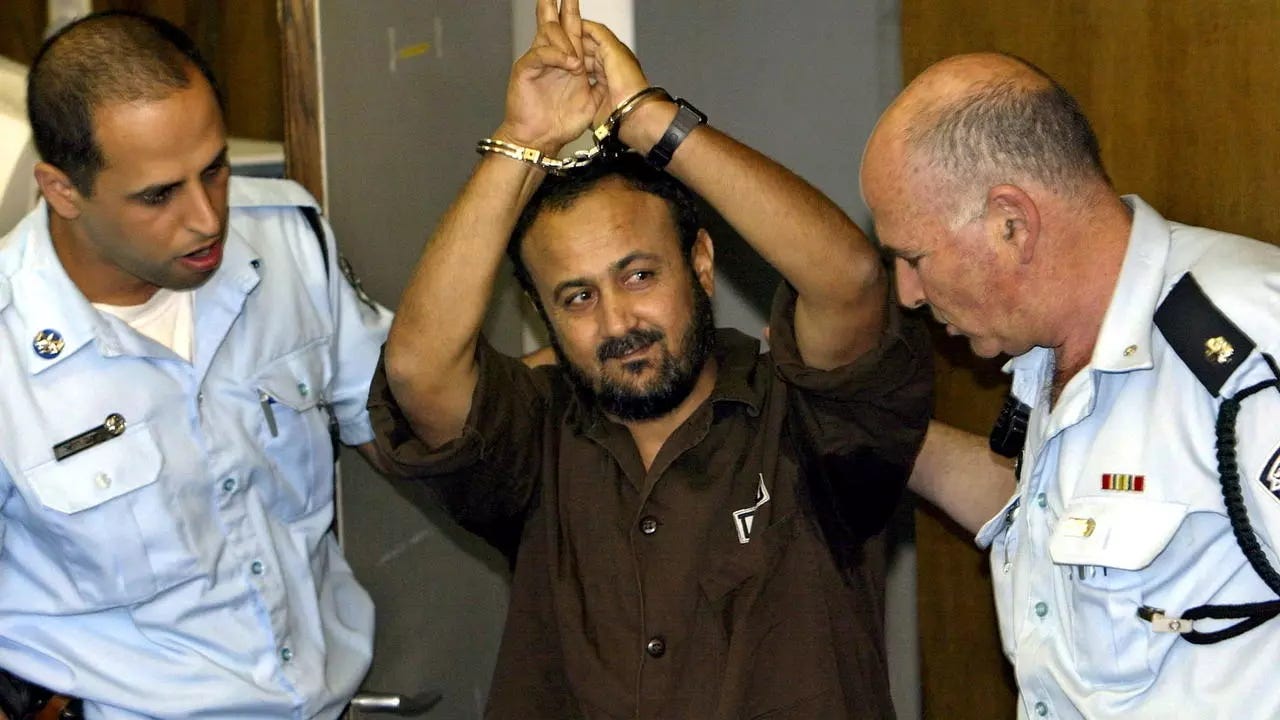
The jailed Palestinian hero didn't even have to utter a word - his return to politics was enough to set off a chain reaction which led to escalation of hostilities, providing a context for another intra-Palestinian showdown between competing, conflicted parties, undoing months of rapprochement, freezing the State of Palestine in its political divisions (to certain amusement and satisfaction from Israel too).



